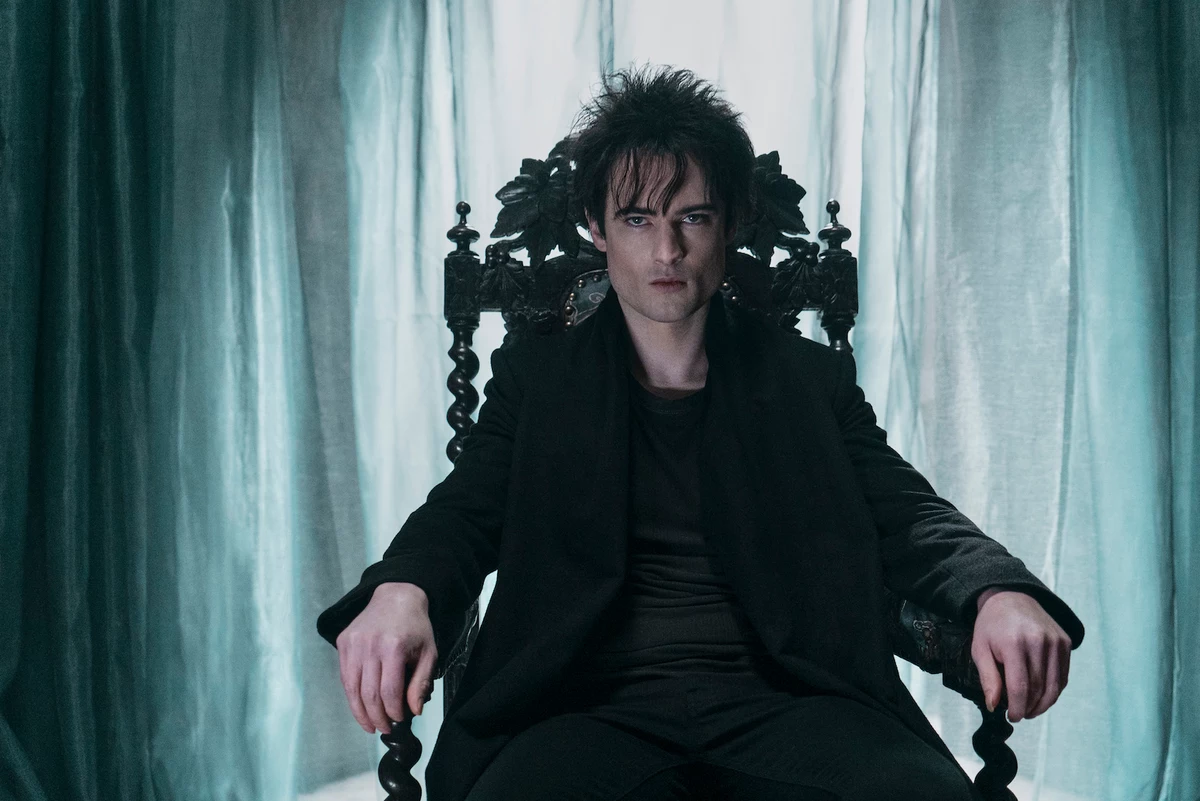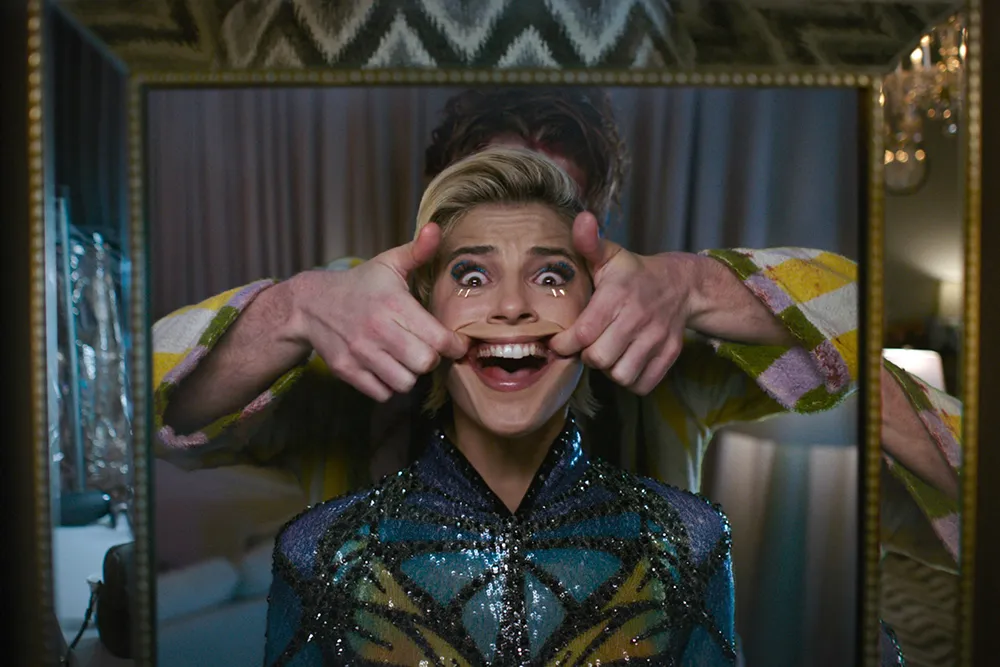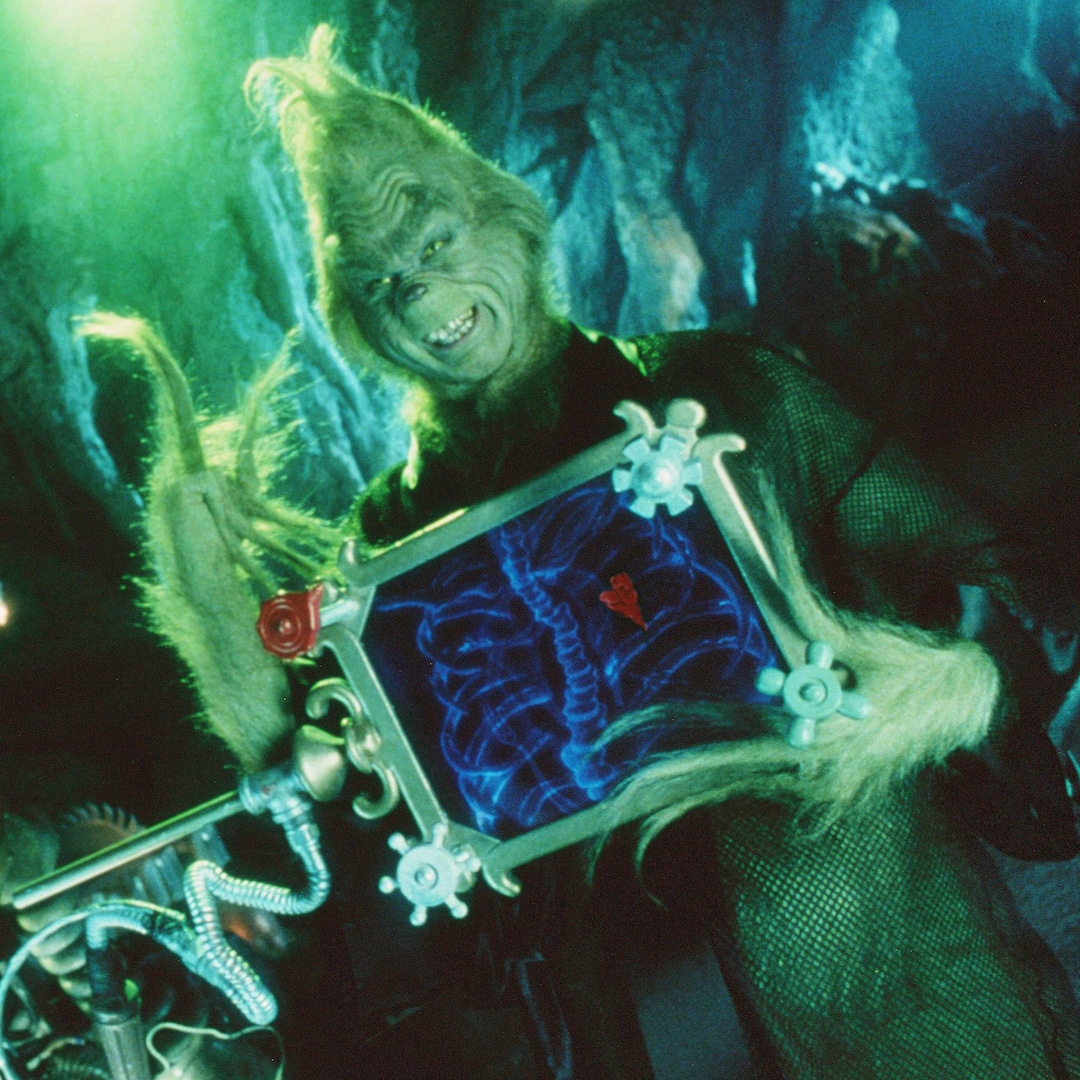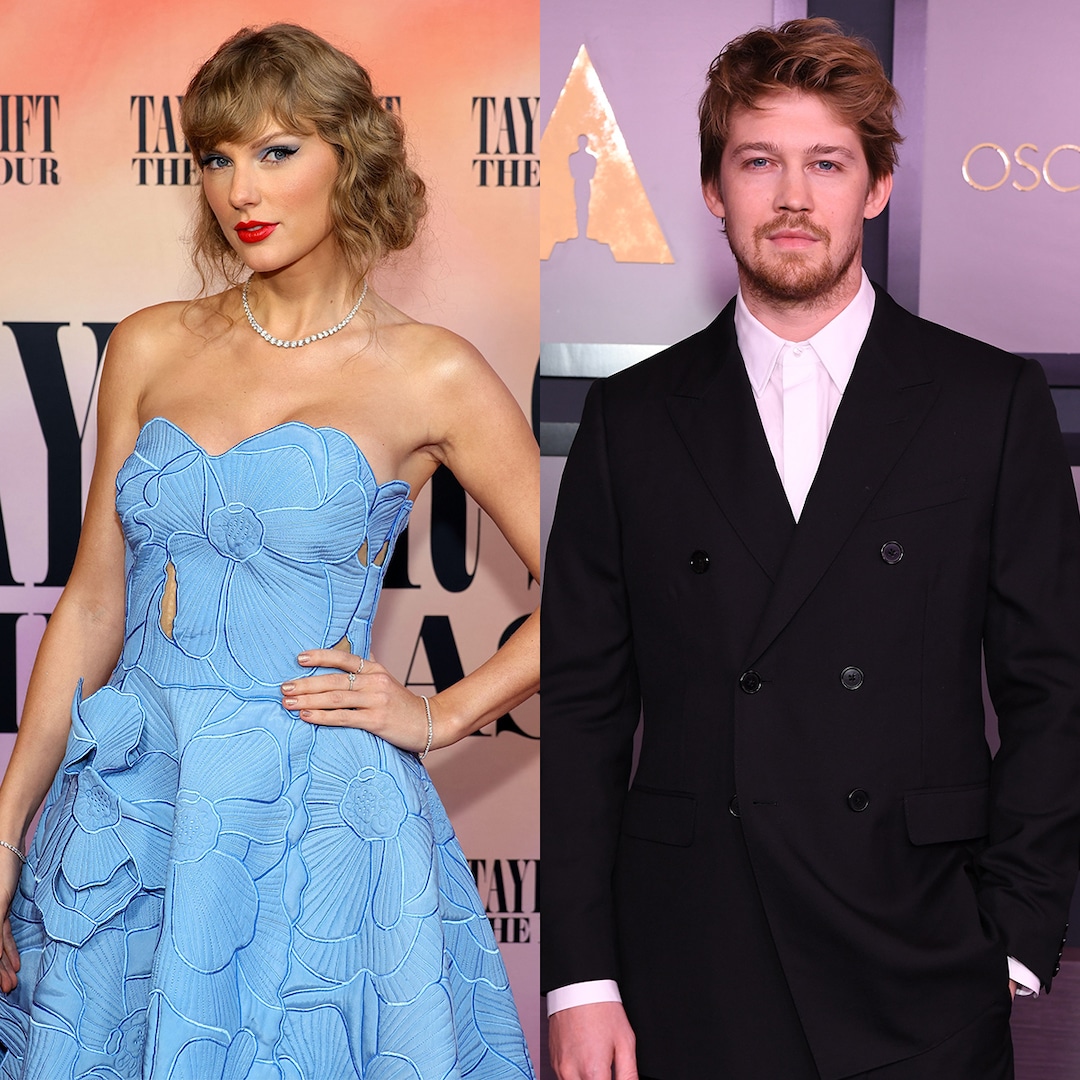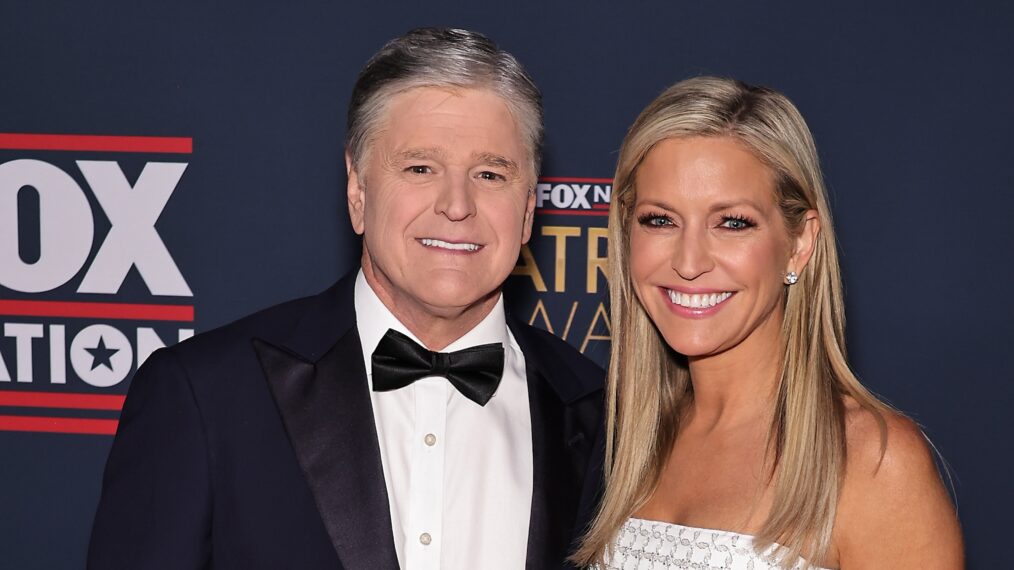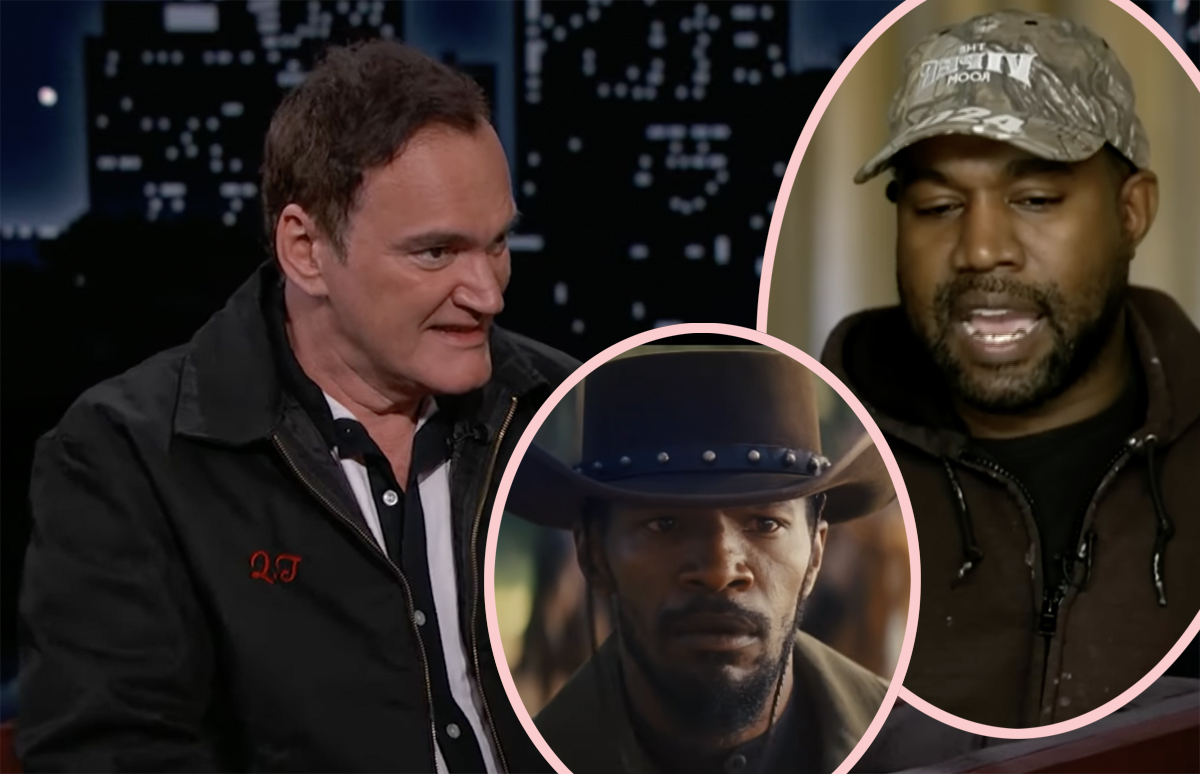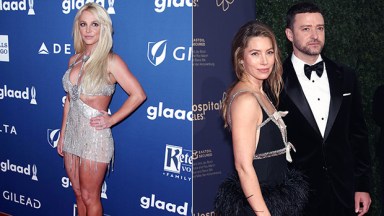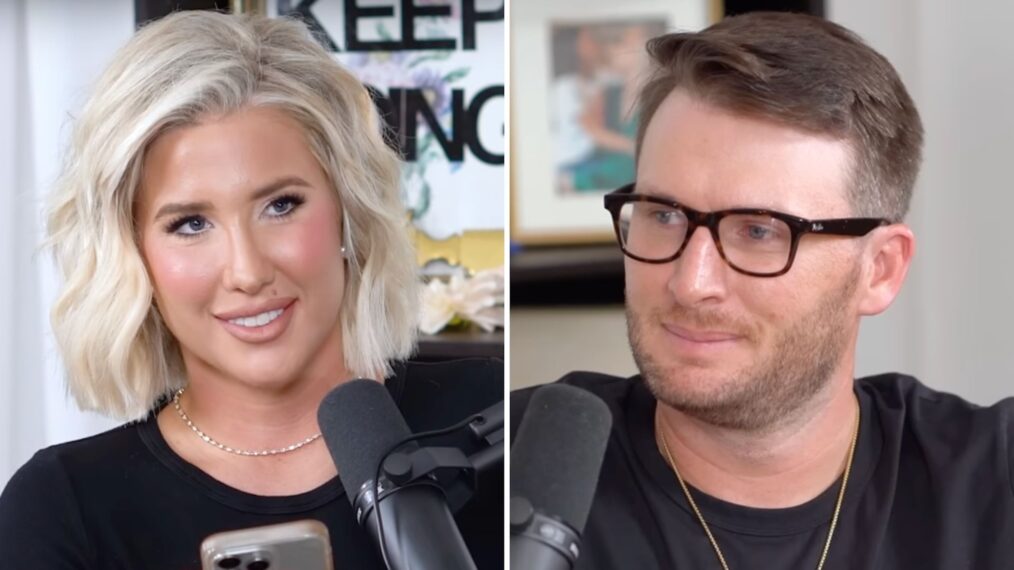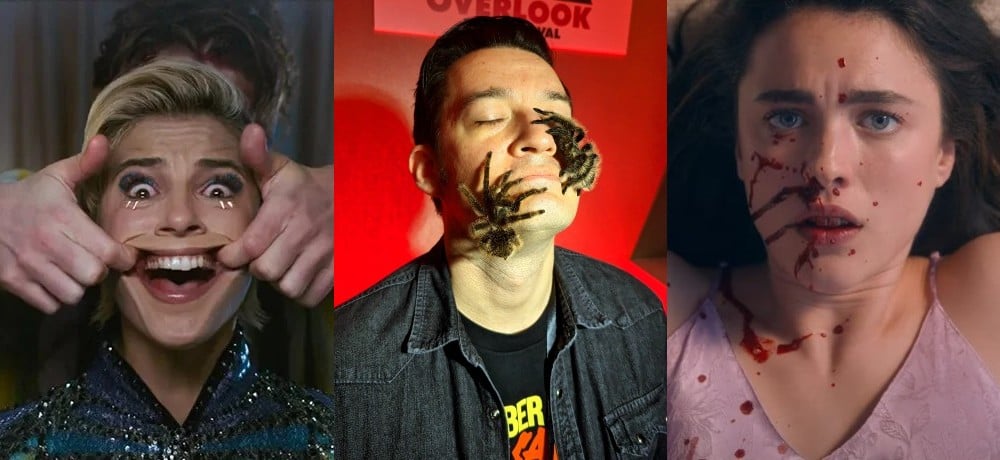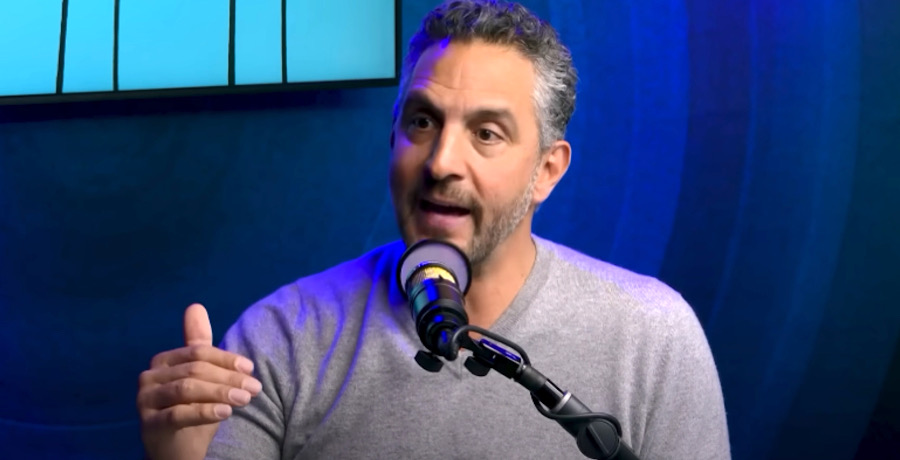In ELLE.com’s monthly series Office Hours, we ask people in powerful positions to take us through their first jobs, worst jobs, and everything in between. This month, we spoke with Jeanine Tesori, the most awarded female theatrical composer in history. She represents half of the first all-female writing team to win the Tony Award for Best Original Score, claiming the prize in 2015 for the groundbreaking musical Fun Home. Tesori has also been a finalist for the Pulitzer Prize for Drama not once, but twice, and is known primarily for her character-driven songwriting. Other major works that feature music by Tesori include Caroline, or Change, Shrek The Musical, Thoroughly Modern Millie, Soft Power, and Violet. Her new Broadway musical Kimberly Akimbo, directed by Jessica Stone with book and lyrics by David Lindsay-Abaire, opens at the Booth Theatre on November 10. “I think it’s a show that carves out something—it has a real funny bone; it has a real heart,” Tesori says. “For a musical, it was what I needed to see at this moment, and it was what we wanted to write.”
How I fell in and out of love with the piano
I started playing piano at a very young age, because we had a piano in the living room. My parents deeply believed in the arts, even though they weren’t in them. My maternal grandfather was involved in music, and I think that’s how it was given to me—through him. The first teacher I had really unlocked a pivotal moment for me about not judging the music. It’s music first, as opposed to the source, in terms of judging it. So, we played TV themes at the same time as Beethoven and Kabalevsky and analyzed them. I stayed with him until I was about 12, then I went into a more serious teaching situation that was not helpful for me, because I was never going to be a concert pianist. By the time I was 14, I really turned on it, so I took a break for about three or four years. When I came back and rediscovered it at Barnard, and then did the music major at Columbia [after studying science], that’s when I started to make up for that time that I lost by looking at harmony and theory, and getting the design element of what I had done instinctively with my early teacher. It turns out, it was wonderful and perfect for me. But it did not feel that way then; it felt very ugh.
One of my first jobs (and my worst job)
When I was making the transition from science to music, I left Barnard and I took a semester off because I was so lost. I was considering art school because I really loved illustrating, so I answered a classified ad for an artist’s assistant—the greatest euphemism in the world. It turned out [I was asked to] put page numbers on textbooks, because, in those days, computer work was just starting. I would commute with my sad corn muffin and add page numbers from 9 A.M. until 5 P.M. This was with tweezers, by the way. The day I skipped page 79 was the day I thought, “I will do anything to not be doing this job.” I remember when I read Charlie and the Chocolate Factory, and Charlie’s father put the capsule on toothpaste. That’s what it was—it was exactly that job. I thought, “I have to work really hard to not do something like this, which asks so little of me.” It was very useful in helping me figure out what not to do.
On my non-linear career path
When you graduate with a music or performing degree, there is no linear structure. There is no law school to go to. You could go to grad school, but I think writing is grad school that you learn by doing, and then you keep going back to the design, the science of it, to figure out the craft. You have to write to learn. You actually have to write and fail and succeed and go backwards. It’s like Chutes and Ladders. I think that’s why I was so obsessed with that game, because that’s exactly how it feels. Still to this day, you just don’t know. The idea of pushing forward is very internal. It’s just like, oh, what do I know now that I didn’t know before? There’s no, “oh, now you’re a senior of composer.” There is no office and there’s no title. There’s only the work you’ve done. That lifestyle suits me, but it is not something that is carefully planned out.
Why I started composing
No one else in the room wanted to do it. When I was a counselor at Stagedoor [Manor], they were just like, “Oh, we need music here. We need songs.” You’re like, “Well, I’ll do it.” Then, you just realize, oh, wait, I like doing this…and then and then and then. It’s just about saying “yes” constantly. I was doing a lot of free work when I was in my early 20s, when that was in vogue. It’s when experience was sort of a currency, which is thankfully no longer the case.
How I research my shows
I observe people: hearing how they speak, seeing the decisions they make in their lives. I also read a ton of biographies and memoirs to see why people do the things they do and the patterns and what makes a dramatic, compelling life. Everybody has fun, because everybody has a story to tell. How are stories classically told? How are stories told, and cultures? It is oceanic. You can never truly grasp how story meets musical.
On choosing to make Kimberly Akimbo a musical
When [Lindsay-Abaire] and I we were trying to figure out what to do, I looked at David’s early plays. I like early works from writers because they’re often not crafted with the kind of maturity a writer will get later on. There’s room for music; there’s room to move it around. They’re not as fixed. I really was interested in [his 2001] play [of the same name]. When we explored it, I was like, “Oh, this thing sings.” I didn’t know it would go well, but I knew that it would sing. I just felt it. To work with a playwright who wrote the original play is a gift, because I could ask him where certain things came from. He was the source material. Also, I wanted to write a role for a woman who is maturing in this business. [Kimberly Akimbo] is for women [age] 50 and up. There are not a lot of roles for women of that age in musical theater. Every show that I write, I look for and try to give some someone or some character an opportunity to be center stage.
How I know when I’m done with a musical
You just run out of time. My mentor once said, “If you have a year to mix an album, you take a year. If you have a week to mix an album, you take a week.” It is the gift of tentpoles. This is your preview; work fast, work well, work with kindness and great expectations, and then move on to the next, because you’re done, because we have finished. Also, I don’t want to work people for 12 hours straight. The idea that you crawl out of tech is an old, archaic idea. We were keeping that in mind [while working on Kimberly Akimbo]. It’s hard enough to do this, especially during this time. We don’t want to crawl out of a rehearsal room. Mental and physical health are really important.
On my creative process
I do what I call “painting.” I’ll be in the room, and I’ll think, “Oh, can you play this there when she does that? When they do that, can you…?” I work with the piano. I love working with [music director] Chris Fenwick, because he’s so fast with his fingers. I can sing something, I can run over and play something, and it is there. We’re just sort of sculpting the moments together in real time. I do that a lot. We just did it with Kimberly. We put some underscoring in, and I thought, “Oh, if we put that in, that was in the middle of that dialogue from the scene before—the audience will know that they’ve heard it somewhere.” They won’t know it, but they’ll know it will not be the first time they’ve heard it. It’s that kind of stuff.
What I hope people take away from Kimberly Akimbo
I’ve really learned—and this is where experience is helpful—that it will be great. What I see nightly happening with our audiences is that something shifts for them when they see the show, about realizing their timeline. It’s just a sort of reminder through the funny bone. Make the most of it, especially in this time, where I think we’ve been reminded of how fragile things are, but they’re actually also really sturdy. There’s a lot of room for joy. We can’t lose our joy and our sense of place so easily, because life is so hard, but it doesn’t have to be 100 percent of the time. I think the show is a reminder to go out and grab the joy.
This interview has been edited and condensed.
Samuel is the Assistant to the Editor-in-Chief at ELLE Magazine. His interests include music, theater, books, video games, and anything to do with Taylor Swift. He famously broke both his arms at the same time in fourth grade.

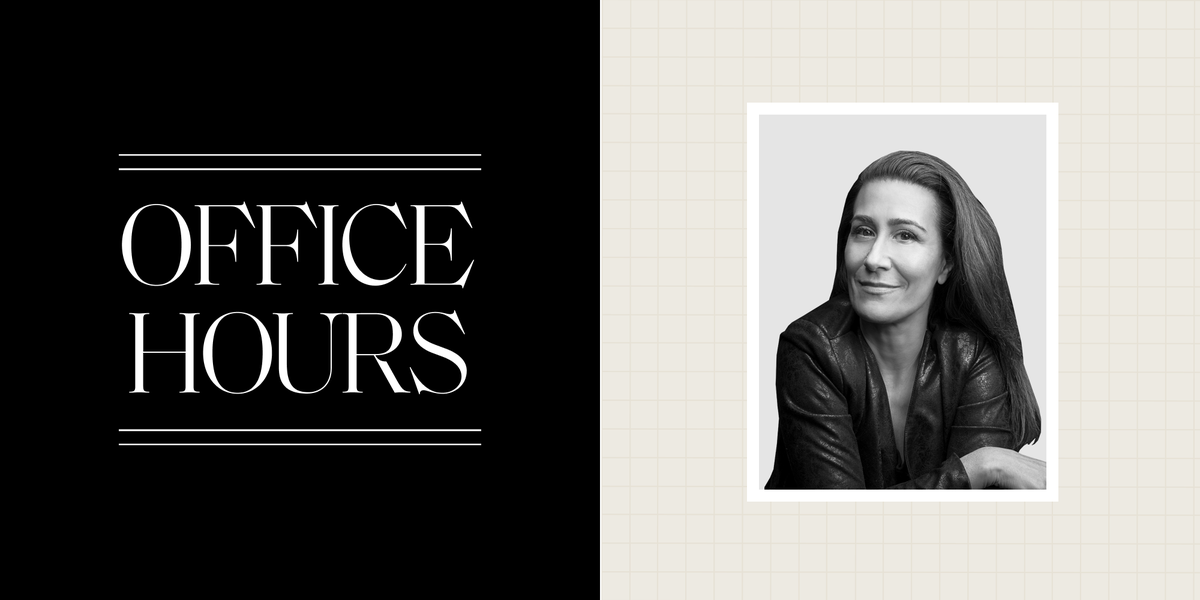
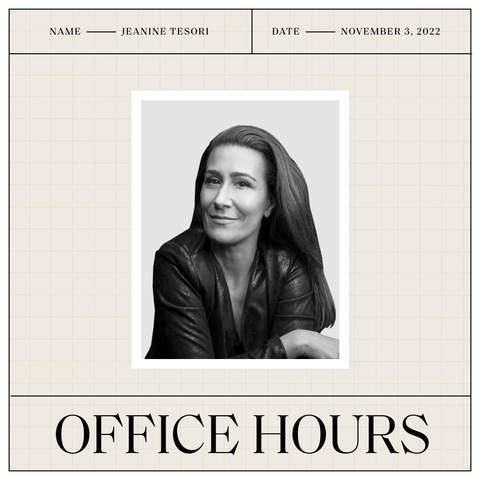
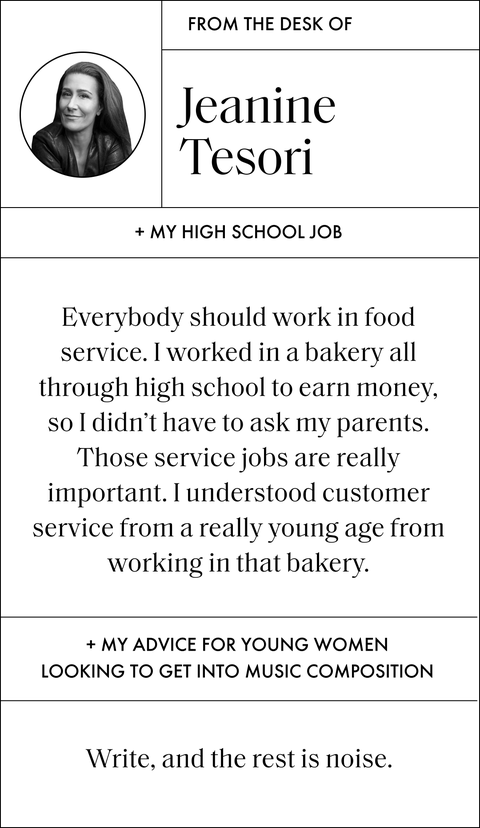
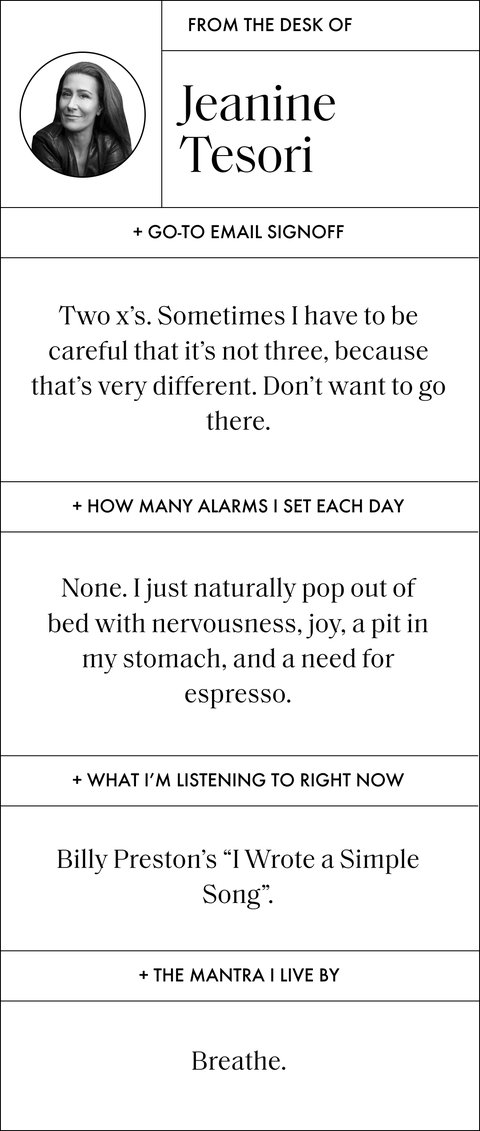
:quality(85):upscale()/2025/01/15/049/n/1922564/a753b85967884eaf8fe5f9.34920179_.jpg)
:quality(85):upscale()/2025/01/15/863/n/49352476/9e69ba8767880fdc9084b2.84057222_.png)
:quality(85):upscale()/2025/01/07/813/n/1922564/b63421d9677d72ddd6eff7.56786871_.png)
:quality(85):upscale()/2024/12/24/622/n/1922564/9eb50f2c676abd9f1647c5.05876809_.jpg)
:quality(85):upscale()/2024/12/12/709/n/1922564/7bb19976675b0904d64976.02429851_.jpg)


